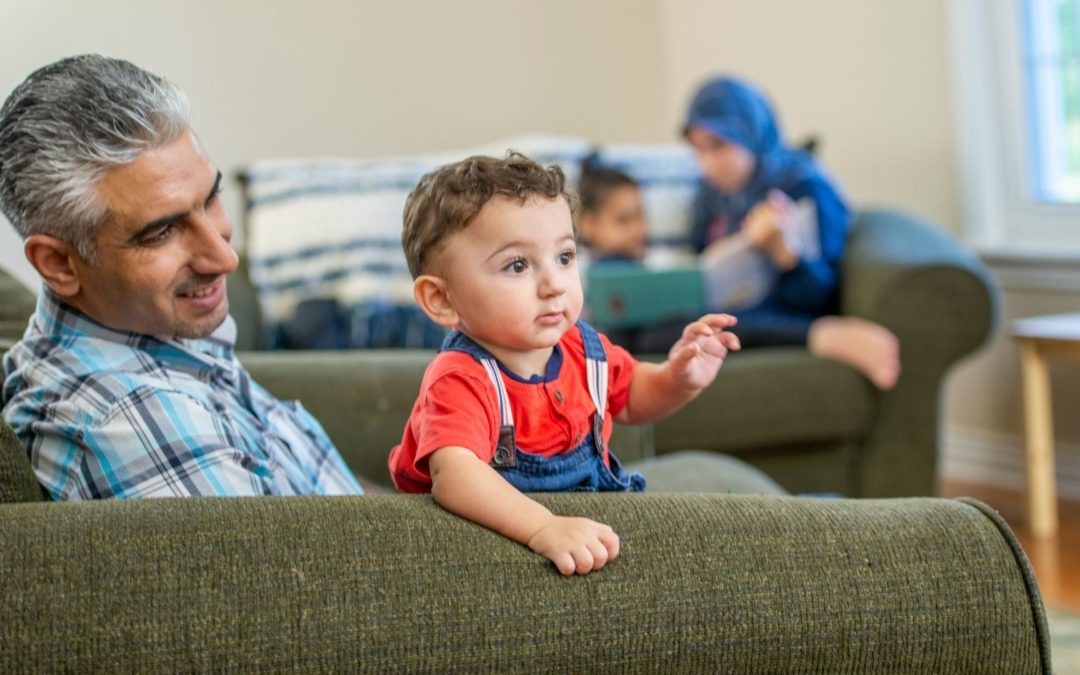A friend of mine reached out and asked me if she should correct how her two-year-old is talking about themselves. She said he talks about himself in the third person, for example “Ben likes that” or “Ben is hungry”. As parents we all want to support our child’s language development, but we also don’t want to curb their attempts at verbal communication, or feel like we are always correcting them, so what do we do?
Children learn language through interactions, experiences and listening to the world around them. So, rest assured that what Ben is doing in the above example is normal and nothing to worry about. Think about it this way; all his life Ben has had people saying “Ben, are you hungry? Ben, do you like this? Ben looks tired”. On the flip side, Ben probably doesn’t have the adults in his life narrating their own life; it is not often that we announce, “I am hungry”; we just recognise our hunger and find something to eat, or we usually internally think “I like this”, or if we do make a comment we might say, “This is nice/beautiful/lovely”.
To support Ben, we can affirm his attempts at using language and model for him all at the same time. We can say things like “Oh, you’re hungry are you Ben? Guess what, I am hungry too”. Or “Wow, you like this flower, Ben! You know what, I love flowers. I think flowers are so wonderful”. And we can initiate interactions by narrating our inner world. For example, as we head to the washing machine we can say “I am going to put this dirty laundry into the washing machine to get it nice and clean”. Or “Oh, I am tired. I am going to put the kettle on and make a nice hot cup of tea and relax”. When we do this, we are modelling accepted grammatical conventions and language structure, exposing our child to new words (which helps to build their vocabulary), naming our initiatives (which helps our child understand that we also have an inner world), and creating opportunities to engage in a conversation with our child.
Your child might look at you with a sympathetic smile when you say you are tired and say, “Sleep time for Mummy/Daddy” and you can respond with a smile and a comment “It would be lovely to have a nap right now”, and they might go and get you a toy and a blanket, and the interaction continues from there. Or your child might come over and want to help you with putting the laundry into the machine, and you can work, and talk, together to complete the task.
Not only are you supporting your child’s language development when you engage in sustained interactions like the ones described above, you are literally helping to build their brains! Check out this great resource on “Serve and return interactions” from the Harvard Centre on the Developing Children; there is a short 6 minute video which will help explain why these interactions are so important and provide ideas on how to “serve and return” with your child.


Recent Comments